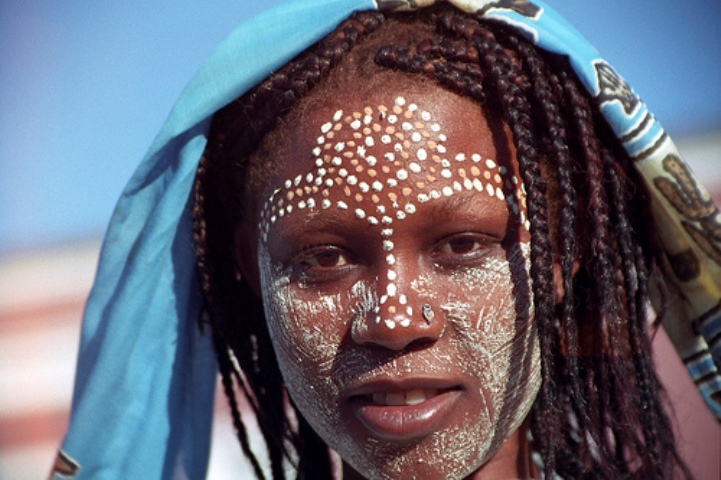UNESCO declares Mozambique’s traditional dance 'Mapiko' intangible cultural heritage
Mozambique submitted Mapiko dance's candidacy to UNESCO in March 2022, to urgently mitigate the risk of extinction, due to terrorist attacks affecting the province of Cabo Delgado, and environmental risks including cyclones.

UNESCO has declared Mapiko, Mozambique’s traditional dance, an intangible cultural heritage in need of urgent safeguarding. The announcement was made during the 18th session of the Intergovernmental Committee for the Safeguarding of Intangible Cultural Heritage, running from 4 to 9 December 2023 in Kasane, Botswana.
Mozambique submitted Mapiko dance's candidacy to UNESCO in March 2022, to urgently mitigate the risk of extinction, due to terrorist attacks affecting the province of Cabo Delgado, and environmental risks including cyclones.
The Mozambican Government accepted the nomination and the Minister of Culture and Tourism, Eldevina Materula, who is attending the conference, expressed hope that the nomination would unite various ethnic groups around the world.
"We hope that this recognition will reinforce social and territorial cohesion between the different peoples that make up the ethnic mosaic of Cabo Delgado if not Mozambique and the world. The principle that guided this candidacy is authenticity, inclusion and peculiar historical, aesthetic and artistic relevance for humanity," said Minister Materula. Mozambican Mapiko traditional dancers About Mapiko DanceMapiko, or Ingoma ya Mapiko, as used by the community that practices it, originally takes place on the Makonde plateau comprising the districts of Muenda, Nangade and Muidumbe, in the province of Cabo Delgado, in northern Mozambique.
Mapiko is a celebratory dance practiced by the Makonde people of Mozambique. A part of the traditional rite of passage from puberty to adulthood, the dance is performed in an enclosure, usually under mango trees, with dancers, musicians and the public coming together to celebrate the initiation rite. The dance may also be performed for the funeral of a group member or for entertainment.
It is a theatrical performance involving several dancers who perform alone or as a group, wearing masks that represent animals or people. They are accompanied by drums and a choir of women and men standing opposite each other. In between the dances, the choir also dances and sings provocative songs, challenging and provoking the masked men and people from neighbouring villages. The mapiko dance is transmitted during initiation rites. It symbolizes human spirit, harmony with the cosmos, and the fight between good and evil, and is viewed as a means of overcoming fear. It also seeks to restore a balance between the masculine and the feminine. For the practicing communities, mapiko is a means of transmitting ancestral values, beliefs and customs and of helping youth familiarize themselves with the transformations of their bodies as they reach maturity.
- READ MORE ON:
- Mapiko
- Mozambique
- UNESCO
- intangible cultural heritage










